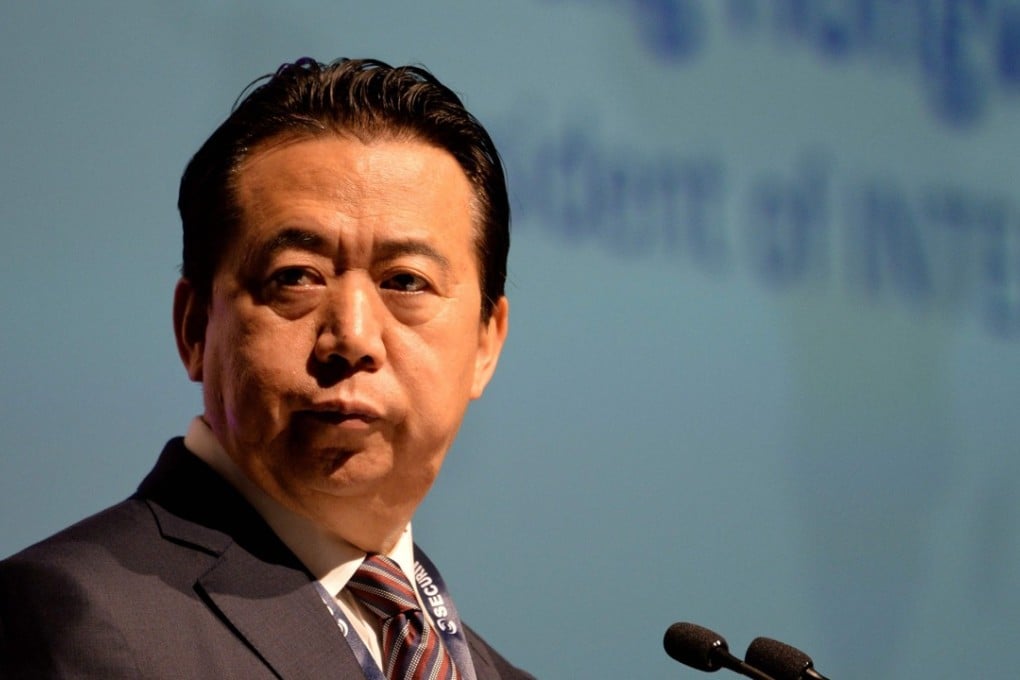China’s removal of Meng Hongwei completes reshaping of public security ministry
The ex-president of Interpol was the final member of a powerful team in place when Xi Jinping took office in 2013

The downfall of the former head of Interpol, Meng Hongwei, effectively completed a gradual change of guard in the top echelon of the 2 million strong police force Chinese President Xi Jinping inherited five years ago.
Analysts said the line-up of the minister and his deputies at the Ministry of Public Security, where Meng was a senior vice-minister, reflected how Communist Party leaders had traditionally seen the political importance of the police force.
Meng’s name and title were deleted from the ministry’s website on October 8, a day after he resigned as Interpol president. The Chinese National Supervisory Commission has confirmed that he has been placed under investigation on suspicion of violation of an unspecified law, which the ministry later said was related to his alleged corruption. Meng’s wife, who lives in France, denied the charges made against her husband.
In the eyes of China’s ruling Communist Party, the police force is a key component of the so-called knife handle, or daobazi, a euphemism for the party’s Central Politics and Law Commission, which also oversees the country’s judiciary and prosecutors.
In a speech delivered in Guangzhou in 1926, Mao Zedong said: “Revolution is knife against knife, gun against gun. To topple the militia of the landlord, we must establish our own peasant army. If the knife handle isn’t in our own hand, there will be chaos.”
Over the past few decades, the party’s top leaders have repeatedly likened the army to the party and people’s gun barrel, and the political and legal affairs apparatus the knife handle, saying both were vital to the regime.
